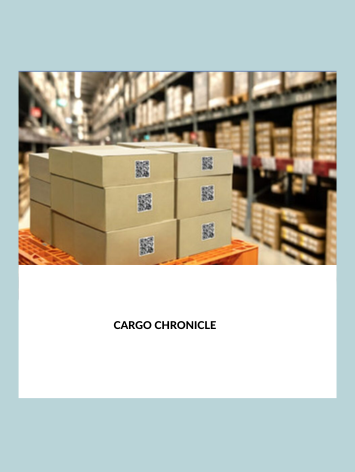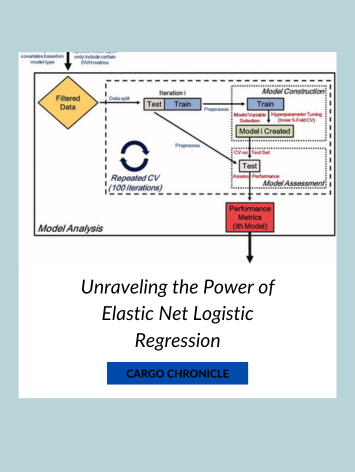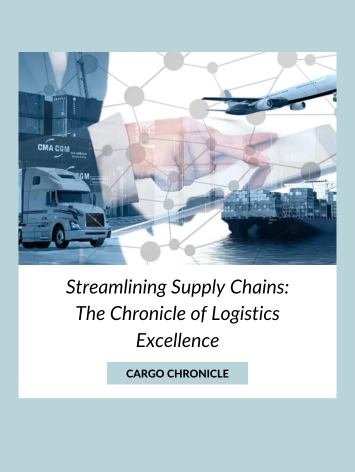Maximizing value recovery in reverse logistics
. key takeaways Introduction In today’s fast-paced business environment, understanding the significance of value recovery in reverse logistics is crucial for companies striving to thrive and stay ahead of the competition. By recognizing the untapped potential in returned products or materials, businesses can not only minimize financial losses but also uncover new revenue streams and …











